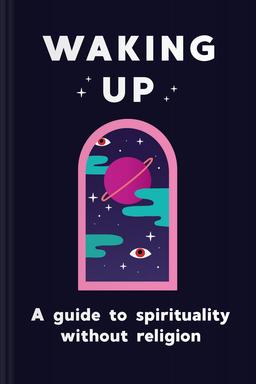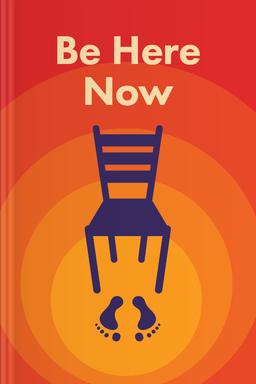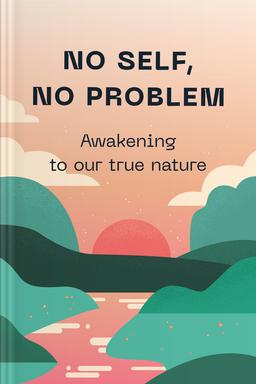What is Waking Up about?
This insightful guide explores the concept of spirituality devoid of religious frameworks, encouraging readers to embrace mindfulness and meditation as pathways to understanding consciousness. Through scientific reasoning and personal anecdotes, the author demystifies spiritual experiences, advocating for a secular approach that enhances well-being. The book challenges traditional beliefs and invites readers to discover the profound nature of existence, fostering a deeper connection to the self and the universe.
Who should read Waking Up
- Spiritual seekers exploring non-religious practices.
- Readers curious about mindfulness and meditation techniques.
- Individuals questioning traditional religious beliefs.
What is Buddha’s Brain about?
This book explores the intersection of neuroscience and Buddhist teachings, revealing how our brains can promote happiness, love, and wisdom. By blending psychological insights with practical exercises, it offers readers tools to transform their minds and enhance emotional well-being. The authors present scientific research on brain functions and mindfulness, encouraging a deeper understanding of how mental practices can rewire the brain for a more fulfilling life.
Who should read Buddha’s Brain
- Mindfulness enthusiasts seeking practical applications
- Individuals exploring the neuroscience of happiness
- Readers interested in integrating science with spirituality
What is Be Here Now about?
This transformative guide combines Eastern philosophy with Western psychology, inviting readers to embrace mindfulness and presence in everyday life. Through a blend of teachings, anecdotes, and visual art, it explores the nature of consciousness, spirituality, and the importance of living in the moment. The book encourages readers to break free from societal conditioning and discover deeper dimensions of being, ultimately fostering a sense of peace and connection.
Who should read Be Here Now
- Spiritual seekers looking for mindfulness guidance.
- Readers interested in Eastern philosophy and meditation.
- Individuals wanting to explore consciousness and personal growth.
What is Peace is Every Step about?
This insightful guide explores the practice of mindfulness and its application in daily life. It teaches readers how to cultivate peace and joy through simple practices, helping individuals navigate stress and find balance in a chaotic world. Through anecdotes and exercises, it emphasizes the importance of being present and aware, transforming ordinary moments into opportunities for deep appreciation and connection.
Who should read Peace is Every Step
- Mindfulness practitioners seeking deeper understanding.
- Individuals dealing with stress and anxiety.
- Readers interested in personal growth and self-awareness.
What is No Self, No Problem about?
This book explores the intersection of neuropsychology and Buddhism, challenging the concept of a fixed self. It delves into how modern neuroscience reveals insights that resonate with Buddhist teachings on mindfulness and self-awareness. Through accessible explanations, personal anecdotes, and practical exercises, it encourages readers to rethink their understanding of identity and engage with their thoughts and emotions in a transformative way.
Who should read No Self, No Problem
- Readers interested in the intersection of science and spirituality.
- Individuals exploring mindfulness and mental well-being practices.
- Neuropsychology enthusiasts seeking insights from Buddhist philosophy.




